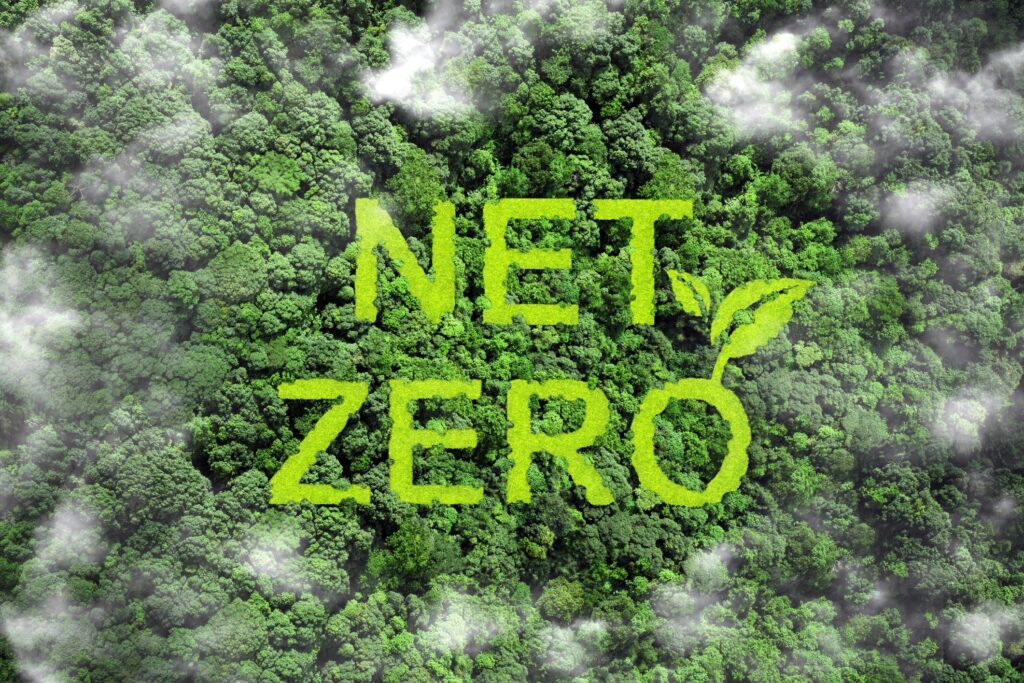Many companies want to build a sustainable supply chain but aren’t sure where to start. Or they prioritize supply chain sustainability but aren’t sure how to align with other stakeholders who share the same priorities. Or they’re committed to sustainable supply chain management but recognize the complexities of decarbonization at scale.
Collaborative efforts are the solution to each of those desires for shippers, and the Greenabl Shippers Association can be the experienced guide to partner with to strategize and streamline the process to achieve impactful sustainability in supply chain leadership and global supply chain decarbonization. Let’s walk through how shippers can best collaborate, while first understanding the importance of taking action now.
The Urgency of Action
Shippers need to recognize that Scope 3 emissions — indirect upstream and downstream emissions throughout the value chain — account for 92% of an organization’s total greenhouse gas (GHG) emissions, with supply chain emissions being 11.4 times higher than operational emissions, according to the CDP Global Supply Chain Report and U.S. Environmental Protection Agency (EPA) supply chain guidance.
While ocean carriers and other capacity providers are making progress toward supply chain sustainability, it’s critical for shippers to take charge of their own efforts, prioritizing sustainability in procurement, vendor relationships, and supply chain management practices.
First and foremost, it’s the right thing to do, but beyond that, consumers and investors are demanding supply chain sustainability, and regulators are imposing stringent mandates on reducing GHG emissions.
The Steep Road to Supply Chain Sustainability
Unfortunately, while the urgency is high, shippers face many challenges and complexities in achieving decarbonization across supply chains.
We outlined many of those challenges in describing what shippers need to know for 2024, including that MIT researchers tracked only a 6% increase in commitment to climate change mitigation in a State of Supply Chain Sustainability 2023 report.
And yet, with almost half of the world’s population living in regions that are highly vulnerable to climate change, according to the Intergovernmental Panel on Climate Change (IPCC), there’s a need for comprehensive decarbonization strategies. Collaborative strategies show the most potential for achieving sustainable outcomes on a large enough scale to improve the climate outlook.
Three Collaborative Strategies Toward Supply Chain Decarbonization
Because the supply chain inherently has many links between raw materials and final product sale, the most supply chain sustainability progress will be made when stakeholders work together, and Greenabl delivers several important ways to do that.
Transparent Measurement Methodologies
Measurement is the first key to sustainable supply chain management, because it’s impossible to mitigate what can’t be measured. Greenabl offers transparent and data-driven methodologies for carbon emissions measurement, using the best-in-class GLEC Framework and ISO 14083 calculation standards.
These standardized measurements are crucial in building trust and accountability within the end-to-end supply chain.
Leveraging Cooperative Procurement
Greenabl also facilitates decarbonization through a proven cooperative procurement approach with a demand aggregation platform and procurement exchange that allows shippers to pool their volumes together to demonstrate the priority placed on supply chain sustainability to prospective carrier partners.
As part of the Greenabl Shippers Association, shippers can secure competitive global ocean freight contracts with long-term rates, dedicated allocation, and proactive 100% emissions avoidance for shipments.
Holistic Approach with Digital Platform and Consulting Support
Greenabl delivers a digital platform to help shippers gain access to real-time analytics that measure environmental impact and monitor decarbonization efforts over time. Shippers can also choose carbon offset projects to offset the carbon footprint of each individual shipment.
The platform also facilitates digital partnerships for sustainable supply chain management. Greenabl has demonstrated the value of collaboration not only by bringing shippers together, but by partnering with other providers as well. For example, the Greenabl partnership with Splice automates supply chain data flows with an API-led integration platform so shippers can count on the seamless integration of shipment data and carbon emissions calculations.
Lastly, Greenabl offers consulting support for shippers to help them identify and implement comprehensive decarbonization strategies.
Partner With Greenabl to Accelerate Your Supply Chain Sustainability Progress
While the need is urgent and the challenge is steep, shippers can make meaningful progress toward a sustainable supply chain through collaborative partnerships with other stakeholders who recognize the need to make changes quickly.
Greenabl offers platform and associate membership tiers to help shippers at every stage of the supply chain sustainability journey take the next right step. Contact Greenabl today to take your next step toward a more sustainable supply chain.


